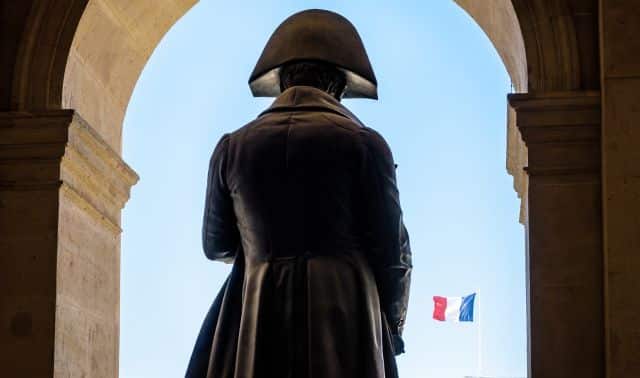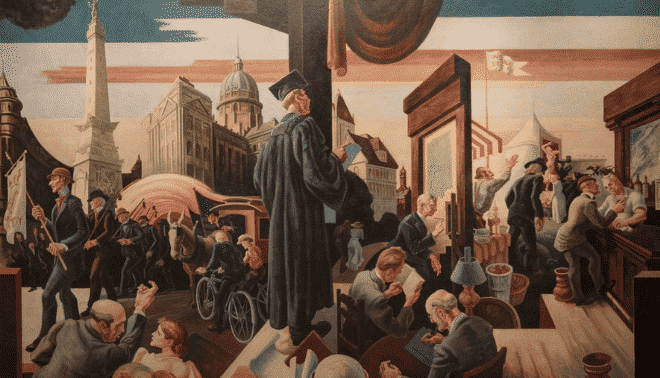Sign up for the Family Tree Newsletter Plus, you’ll receive our 10 Essential Genealogy Research Forms PDF as a special thank you!
Get Your Free Genealogy Forms
"*" indicates required fields
We, the people, have spoken, and 29,681 of us said the Declaration of Independence is one of the most influential documents in US history. That got Thomas Jefferson’s eloquent justification for separation from Great Britain the number-one spot on The People’s Vote top 10 list.
Last September, as part of The People’s Vote <www.ourdocuments.gov> civics initiative, Americans were invited to select US history’s 10 most formative documents. Most of their choices involved statements of individual liberties and the right to vote. So it was fitting that Archivist of the United States John W. Carlin announced the results on Bill of Rights Day, the anniversary of the fledgling US government’s adoption of the ground-breaking citizens’ rights statement (and People’s Vote number 3).
Nearly 40,000 Americans cast 300,000 votes, choosing from a list of 100 congressional acts, Supreme Court decisions, speeches and treaties selected by historians. Voters-by-mail used a write-in option to suggest such nominees as President Reagan’s “Mr. Gorbachev, tear down this wall” speech and the 1973 Roe vs. Wade Supreme Court decision. (The official list ended in 1965 with the Voting Rights Act.)
The People’s Vote sponsors, which include the National Archives and Records Administration (NARA) <www.archives.gov> and National History Day <www.nattonalhistoryday.org>, hoped to improve Americans’ history and civics knowledge. Studies have shown it’s not up to snuff: In 2000, the American Council of Trustees and Alumni found that almost 80 percent of graduating seniors from 55 top US universities failed a basic high school history test.
“Not only did the People’s Vote challenge voters to really think and learn about these 100 milestone documents, but it encouraged enthusiastic debate,” Carlin said during the Dec. 15 ceremony at NARA.
All the top 10 documents are American history classics, but a few nominees were less obvious — such as the 1819 McCulloch vs. Maryland Supreme Court decision broadly interpreting federal government powers (it finished 69th). Anyone remember the De Lome Letter, the Spanish ambassador’s published criticism of President William McKinley, which fueled support for a war over Cuban independence from Spain? Likely not many of you — it came in last.
The People’s Top 10
1. Declaration of Independence (1776): 29,681 votes
2. Constitution of the United States (1787): 27,070 votes
3. Bill of Rights (1791): 26,545 votes
4. Louisiana Purchase Treaty (1803): 13,417 votes
5. Emancipation Proclamation (1863): 13,086 votes
6. 19th Amendment to the US Constitution: Women’s right to vote (1920): 12,282 votes
7. 13th Amendment to the US Constitution: Abolition of slavery (1865): 11,789 votes
8. Gettysburg Address (1863): 9,939 votes
9. Civil Rights Act (1964): 9,860 votes
ADVERTISEMENT




